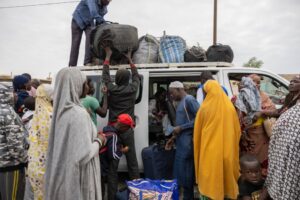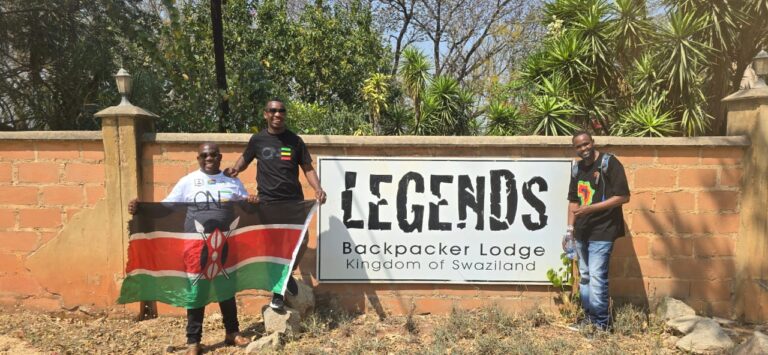The International Organisation for Migration (IOM) has reopened its office in the Sudanese capital Khartoum, becoming the first United Nations agency to re-establish a presence in the city since conflict erupted in April 2023.
The return comes at a pivotal moment as more than two million people have already gone back to areas perceived to be safer, with Khartoum alone expected to see up to 2.1 million returnees this year.
This development marks a significant shift in a country where more than five million people were displaced from the capital at the height of the fighting.
IOM Director General Amy Pope in a press briefing this week noted that movement back to the urban is accelerating even as the condition remains volatile.
“Movement back to urban areas is accelerating, yet conditions remain volatile,” he said, adding that families are attempting to rebuild in communities already strained by years of displacement and economic hardship, stretching social support networks and local capacities to the limit.
Many of those arriving in Khartoum face daunting challenges. Homes have been left damaged or destroyed, electricity and clean water remain scarce, and health facilities are severely overstretched. The risk of cholera continues to loom, while unexploded ordnance endangers civilians in residential areas, near schools, and along access routes.

Khartoum state governor Ahmed Osman Hamza attended a ceremony to mark the reopening, hailing it as a step toward recovery.
IOM’s Sudan Mission Chief, Mohammed Refaat, said the agency expects more than one million displaced people to return to Khartoum state by the end of the year.
The Khartoum office will also serve as a hub for other UN agencies, underscoring efforts to restore humanitarian operations in the capital.
Between November 2024 and July 2025, nearly two million people returned across 1,611 locations in Aj Jazirah, Khartoum, Sennar, Blue Nile, White Nile, River Nile, and West Darfur. Three in four of these returnees came from within Sudan, highlighting the scale of internal displacement and return movements.
In the first half of 2025, IOM reached more than 600,000 people in Sudan with clean water, health care, protection services, and psychosocial support, but warned that funding shortfalls threaten to stall progress. To sustain humanitarian operations in Khartoum alone, the organization is urgently appealing for 29 million US dollars in flexible funding.
Despite the returns, the war is far from ending, according to a number of sources in Khartoum. Violence in Kordofan and Darfur, including the protracted siege of El Fasher now in its second year, continues to bring catastrophic consequences for civilians and has created famine-like conditions for many unable to flee.
In Darfur, insecurity, restricted access and limited funding are making it nearly impossible for aid agencies to respond at the required scale.
Since the conflict escalated in April 2023, more than 14.2 million people have been displaced across Sudan, with 10 million uprooted inside the country and 4.2 million forced to seek refuge across borders.
